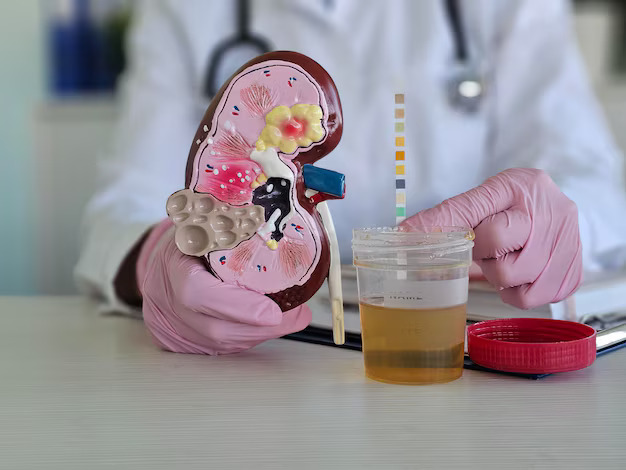If your general practitioner referred you to a kidney specialist and it is your first time, it is natural to have several questions in mind. What to ask, what to expect and how it is going to go? Well, let us help with resolving all these questions.
Page Contents
Introducing: Kidney Specialists/ Nephrologists
Kidney specialists or nephrologists are healthcare professionals who specialise in the diagnosis and treatment of kidney diseases and related conditions.
They are experts in managing chronic kidney disease, high blood pressure, electrolyte imbalances, and other disorders that affect kidney function. Nephrologists also manage individuals who need dialysis or a kidney transplant and can address associated conditions like diabetes and heart disease that impact kidney health. Here are simple Tips And Tricks to eat healthy on a budget.
What to Expect on First Visit with Nephrologists?
You must be slightly in doubt about the first appointment with a nephrologist or a kidney specialist. Don’t worry, it won’t take much to get completely prepared for the first visit with them. Here is what to expect:
1. Comprehensive Medical History Review
The first appointment with a kidney specialist will typically begin with a thorough review of the medical history. If you or your family had a history of kidney disease, you must discuss it with your specialist.
Nephrologists will inquire about any existing conditions, such as diabetes and hypertension, which can significantly impact kidney function. They may ask you questions about your lifestyle, including diet and exercise. If you have a history of kidney stones or urinary tract infections, then it must be discussed before any diagnosis and treatment.
2. Physical Examination
Your medical history will help the specialist learn about the health status of your and your family. The kidney specialist will conduct a physical examination to assess your health, which may include:
- Blood Pressure
- Checking for signs of fluid retention
- Examine the abdomen to assess the size and tenderness of the kidneys.
3. Diagnostic Tests and Investigations
Based on the initial assessment, a nephrologist may recommend specific diagnostic tests to further assess kidney function. Some of the tests involve:
- Blood tests to evaluate kidney function
- Urine tests to assess for protein or blood in the urine
- Imaging studies, including ultrasound or CT scans, are used to visualise the kidneys and surrounding structures.
4. Discussion of Treatment Options
After reviewing the results of diagnostic tests, the kidney specialist will discuss the potential treatment options and develop a personalised care plan. Your unique health needs will be monitored, and the care plan will be made according to that.
Treatment programs may include a combination of dietary and lifestyle modifications and medication management. If necessary, an individual may receive recommendations for additional specialized care at a kidney centre for dialysis.
5. Guidance
A major component of the initial appointment is receiving knowledge. They may provide you with the essential information regarding kidney health. You can get guidance on how to maintain kidney health and what lifestyle factors can affect kidney health. The nephrologist will explain the functions of the kidneys and the significance of maintaining kidney function.
Next, what questions should you ask on your first visit with nephrologists?
Questions to ask a Kidney Specialist: First Visitors Must Ask
Asking questions gives you clarity. Inquire about your kidney functions and current condition while asking the following questions:
Diagnosis
- Why have I been referred to a nephrologist?
- What is the reason/reasons for my kidneys not functioning properly?
- Why is my eGFR, and what stage of kidney disease does that put me in?
- What does my diagnosis mean for my long-term health?
Treatment and Lifestyle
- How quickly is the kidney function declining?
- What can I do to slow, delay or even reverse the decline?
- What are the available treatment options for my condition?
- What are the side effects of each treatment?
- Are there any specific lifestyle instructions?
- What dietary changes should I make?
- Will I need to see a renal dietitian?
- Are there any medications that I must avoid?
Do inform the specialist if you are on any medication.
Monitoring, Complications and More
- What symptoms should I watch for that indicate a problem?
- What should I do in an emergency, and who should I contact?
- Am I at risk for other health complications because of my kidney disease?
- Who should I call if I have new problems or questions?
- What follow-up tests will I need, and how often?
- Who handles my health insurance concerns?
Now, you are prepared for the procedure. Collect all relevant documents, discuss with your insurance agent whether the expenses are covered and the treatment. Look for “Kidney specialist near me”.


